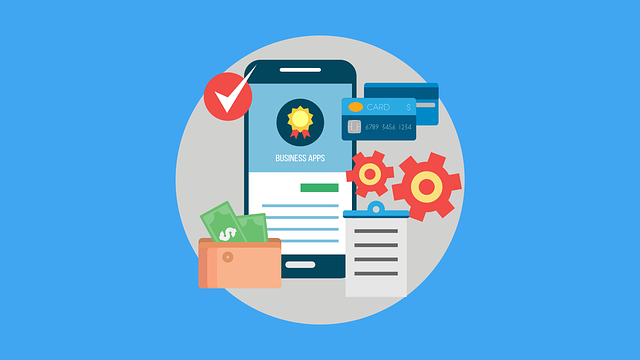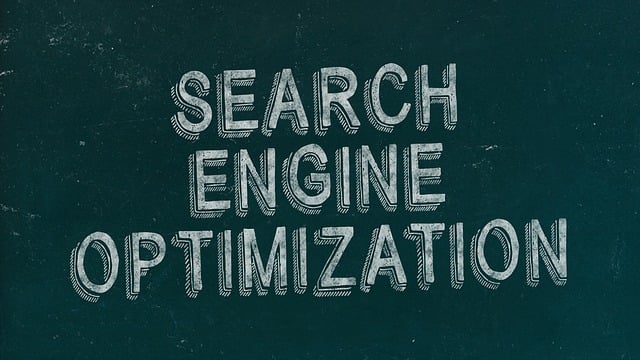In today's fast-paced commercial real estate (CRE) market, AI tenant risk analysis tools have become indispensable for investors and property managers. These advanced platforms leverage machine learning algorithms to analyze historical data like payment histories, lease terms, and tenant demographics, predicting behavioral patterns and identifying potential risks. By offering a holistic view of tenant health, AI enables professionals to make informed decisions, optimize portfolio management, and mitigate losses. Through data-driven insights, these tools help uncover high-value tenants, navigate lease negotiations, and ensure investment stability and success. Despite implementation challenges like data privacy concerns and regulatory compliance, the benefits of AI tenant risk analysis tools significantly transform decision-making efficiency and risk mitigation strategies in CRE.
“The future of commercial real estate (CRE) lease analytics is here, powered by AI tenant risk analysis tools. These innovative platforms are revolutionizing how investors and property managers navigate the complex world of CRE. By leveraging advanced algorithms, these tools unlock valuable insights, enhancing decision-making processes.
This article explores the transformative impact of AI on lease analytics, delving into its benefits—from improved investment strategies to streamlined property management. We’ll also discuss the challenges and consider how these tools are reshaping the landscape.”
- Unlocking Commercial Real Estate Insights: The Power of AI Tenant Risk Analysis
- How AI Transforms Lease Analytics and Enhances Investment Decisions
- Streamlining Property Management: Benefits and Challenges of AI Tenant Risk Tools
Unlocking Commercial Real Estate Insights: The Power of AI Tenant Risk Analysis

In the fast-paced world of commercial real estate, making data-driven decisions is no longer an option but a necessity. AI tenant risk analysis tools have emerged as powerful assets, revolutionizing how investors and property managers assess potential risks associated with tenants. These advanced platforms leverage machine learning algorithms to sift through vast amounts of historical data, including payment histories, lease terms, and tenant demographics. By analyzing these factors, AI models can predict tenant behavior, identify red flags, and provide valuable insights into the creditworthiness of prospective clients.
This technology goes beyond traditional risk assessment by offering a comprehensive view of tenant health. It helps businesses make informed choices, optimize portfolio management, and mitigate potential losses. With AI tenant risk analysis, commercial real estate professionals can unlock hidden patterns, identify high-value tenants, and navigate lease negotiations with confidence, ultimately ensuring the stability and success of their investments.
How AI Transforms Lease Analytics and Enhances Investment Decisions

The integration of AI into commercial real estate (CRE) lease analytics has brought about a paradigm shift in how investment decisions are made. Traditional methods relied heavily on manual data collection and analysis, which was time-consuming and prone to errors. However, AI tenant risk analysis tools offer a sophisticated approach by automating these processes, providing insights that were previously inaccessible. These tools can sift through vast datasets, including historical lease information, property performance metrics, and market trends, to identify patterns and predict outcomes with remarkable accuracy.
AI enhances investment decisions by offering a comprehensive view of tenant risk profiles. It analyzes various factors such as payment history, creditworthiness, and business stability to assess the likelihood of default or late payments. Moreover, AI algorithms can forecast occupancy rates, rental income, and potential property values based on market dynamics, helping investors make informed choices. With these advanced analytics, CRE professionals can mitigate risks, optimize portfolios, and seize opportunities in a rapidly evolving market.
Streamlining Property Management: Benefits and Challenges of AI Tenant Risk Tools

AI tenant risk analysis tools offer a promising solution for streamlining property management processes, particularly in commercial real estate. By leveraging machine learning algorithms, these platforms can analyze vast amounts of data to predict tenant behavior and assess creditworthiness. This enables landlords and property managers to make informed decisions, reduce default risks, and optimize portfolio performance. The benefits are clear: faster onboarding, improved tenant retention, and enhanced financial forecasting.
However, implementing AI tenant risk tools also presents challenges. Data privacy and security become paramount concerns, as these platforms require access to sensitive information. Ensuring compliance with data protection regulations is crucial. Moreover, the quality and diversity of training data significantly impact the accuracy of AI models. Integrating these tools into existing property management systems requires careful planning and potential customization, adding complexity to the implementation process. Nonetheless, for those willing to invest, the advantages in decision-making efficiency and risk mitigation could be transformative.
AI tenant risk analysis tools are revolutionizing commercial real estate lease analytics, offering enhanced insights that drive smarter investment decisions. By leveraging these advanced platforms, property managers can streamline operations, mitigate risks, and optimize their portfolio performance. While challenges exist, the benefits of AI tenant risk analysis in navigating complex market dynamics and identifying lucrative opportunities are undeniable, marking a significant shift in the industry’s landscape.
